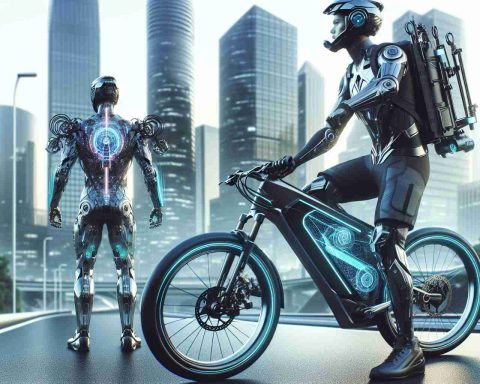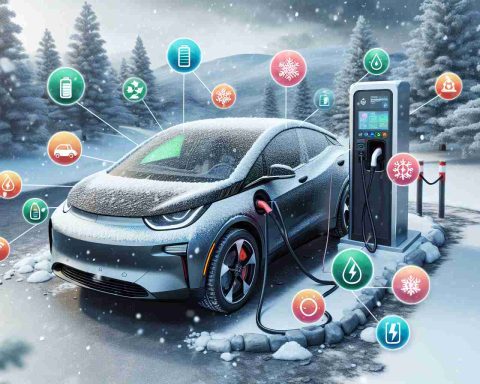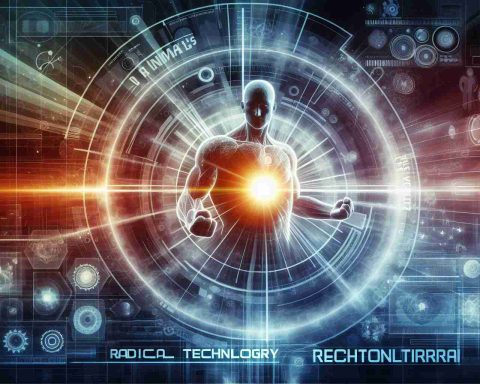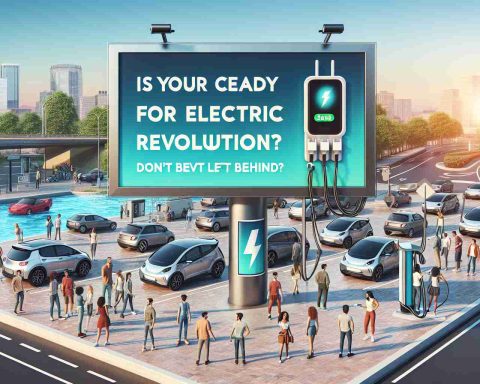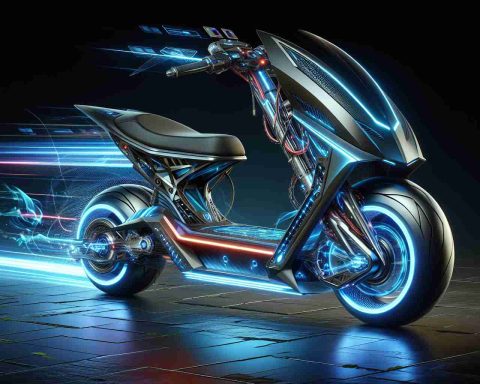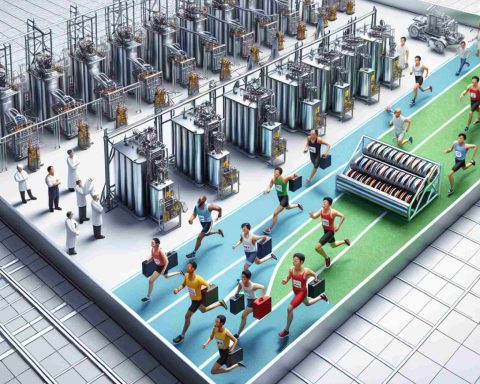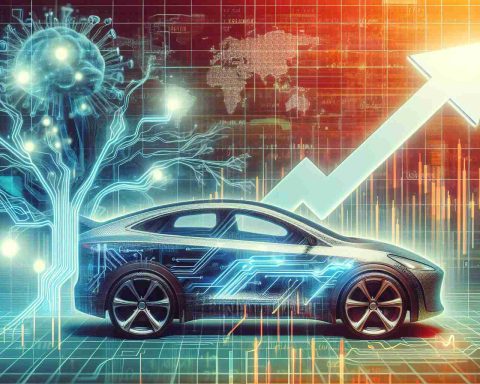Batteries - Page 101
Batteries are electrochemical devices that store and convert chemical energy into electrical energy through chemical reactions. They consist of one or more electrochemical cells, each made up of an anode (negative electrode), a cathode (positive electrode), and an electrolyte that facilitates the movement of ions between the electrodes. When a battery is connected to an external circuit, a chemical reaction occurs in which electrons flow from the anode to the cathode, providing electric power. Batteries come in various types, including primary batteries (non-rechargeable) and secondary batteries (rechargeable). They are widely used in numerous applications, from powering small electronic devices like remote controls and smartphones to larger systems such as electric vehicles and renewable energy storage. The efficiency, capacity, and lifespan of batteries can vary greatly depending on their chemistry and design, such as lithium-ion, nickel-metal hydride, and lead-acid.


